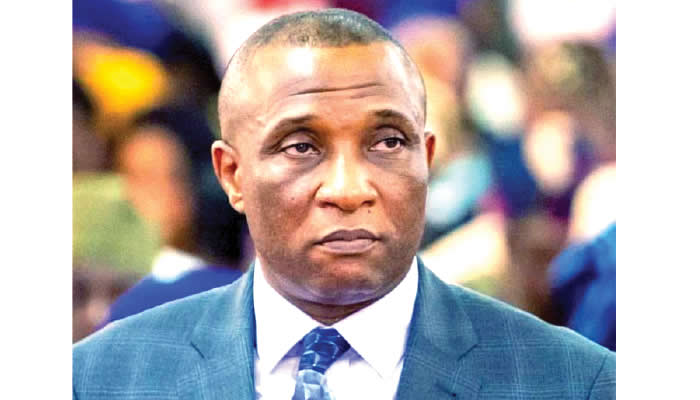Frustration over the quality of customer service in Nigeria has been growing, with stakeholders criticizing firms across multiple sectors for discrepancies between their customer-centric marketing and their actual service delivery. Sectors ranging from banking to energy, healthcare, and transportation have particularly come under fire as they often fail to address customer complaints effectively. Many believe that if companies dedicated as much effort to improving customer service as they do to event marketing during initiatives like Customer Service Week (CSW), customers would feel genuinely valued. Observations suggest that, despite lavish promotions and events during CSW, the day-to-day realities of customer interactions tell a vastly different story, leading to a growing discontent among the customer base.
The international framework of CSW started in 1984 in the United States, aimed at recognizing the importance of customer service. This annual celebration, which occurs in the first full week of October, has now permeated global business cultures, fostering a focus on customer-centric policies and employee appreciation. In Nigeria, the tradition has gained traction in key sectors such as banking, telecommunications, and retail, where businesses use this week to demonstrate commitment to service quality. However, reports indicate that such celebrations often stand in stark contrast to ongoing operational issues. For instance, despite numerous companies organizing activities to honor their customers and staff, inconsistencies in service delivery persistently undermine the efforts made during CSW.
Stakeholders have highlighted that, in practice, banks and service providers frequently overlook customer satisfaction outside of promotional events. The President of the Bank Customers Association of Nigeria, Dr. Uju Ogubunka, commented on the celebratory aspects of CSW, arguing that the true measure of customer service lies in consistent treatment rather than temporary gestures. Recent incidents at major banks such as Zenith Bank and GTBank, where customers faced service disruptions while promotional activities were held, exemplify this issue. Ogubunka underscored the importance of transparent communication from banks during service interruptions, expressing concern that poor communication strategies worsen customer trust and contribute to a sense of dissatisfaction.
Similarly, the electricity sector is embroiled in turmoil with consumer service, as distribution companies often implement tariff hikes without prior notice or adequate engagement with their customer base. This has led many to perceive that their financial capabilities are disregarded, prompting calls for change in how these companies operate. Ogubunka’s proposals for providing customers with flexible pricing based on their electricity usage illustrate a potential direction for improving customer relations. He argues that there is a pressing need for electric companies to treat consumers with more dignity and respect, emphasizing that informed and empowered customers will foster a healthier relationship between utilities and their users.
Consumer advocates such as Godwin Anyebe have further elaborated on the challenges faced by customers, particularly highlighting the disconnect between the promotional messages during CSW and their experiences during daily operations. Anyebe stressed the urgency for banking institutions to establish backup systems to minimize disruptions and improve communication strategies during service outages. Many customers find themselves vulnerable during these downtimes, and Anyebe argues that the failure to align service delivery with customer expectations sets a risky precedent that could further erode trust in these institutions.
Additionally, the electricity sector’s pricing structure has been critiqued as unfair and regressive, where low-income consumers often bear the brunt of inefficient services and high bills. Observations highlight a disparity where wealthier individuals can afford adequate electricity, while poorer segments are left without basic access. Advocates have insisted on the necessity of regulatory bodies taking more accountability to protect consumer rights—an essential part of enhancing the overall utility experience. Notably, agencies like the Federal Competition and Consumer Protection Commission (FCCPC) actively pursue consumer rights, but criticism remains that many sectors, especially electricity, still lack effective oversight in addressing inequities.
In conclusion, the disparity between promotional celebrations like Customer Service Week and the everyday realities experienced by customers in Nigeria is a pressing concern. Stakeholders advocate for not just superficial acknowledgments during dedicated service weeks but a fundamental overhaul in customer service approaches across the board. The combination of improved communication strategies, inclusive tariff structures, and respect for consumer rights will be critical in bridging the gap between the idealized customer-centric models shared during celebrations and the reality of daily business practices. Only through concerted effort and genuine commitment to customer satisfaction can businesses hope to regain the trust and loyalty of their consumers, ensuring a more sustainable customer relationship moving forward.














